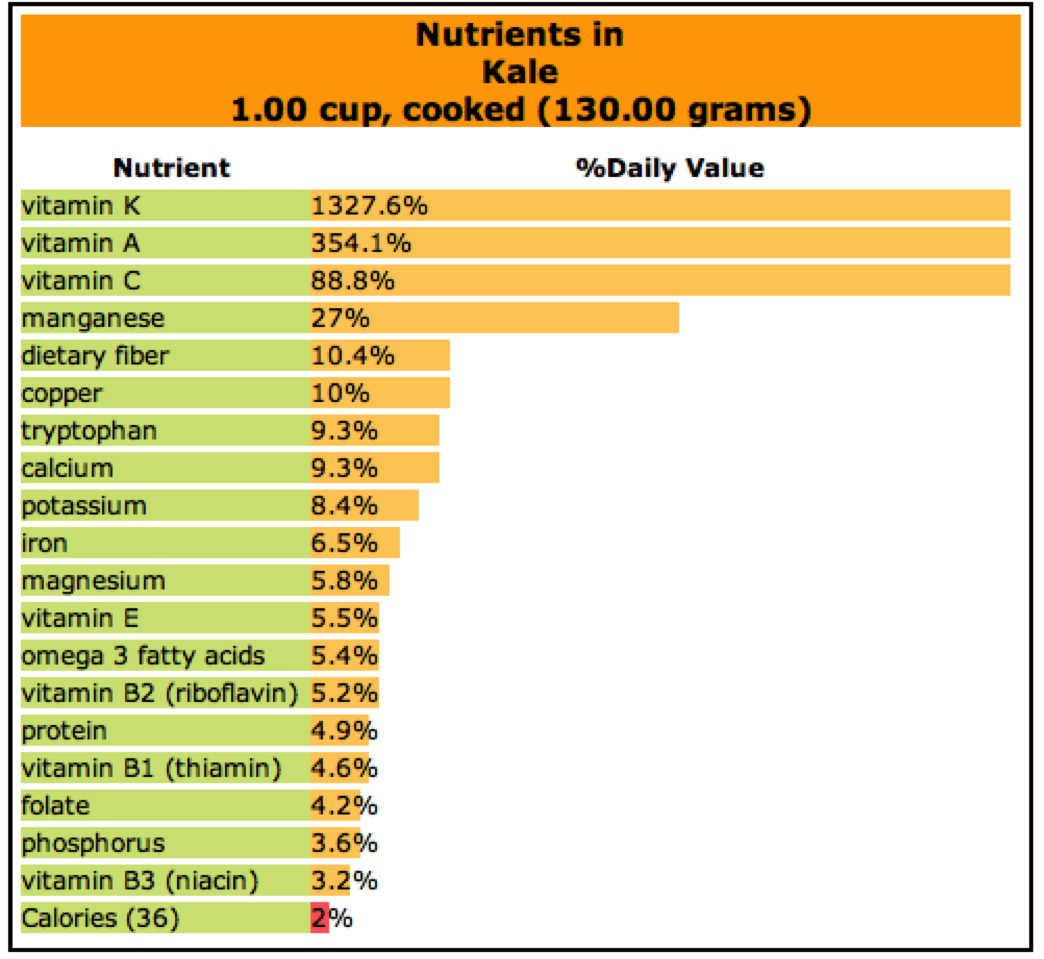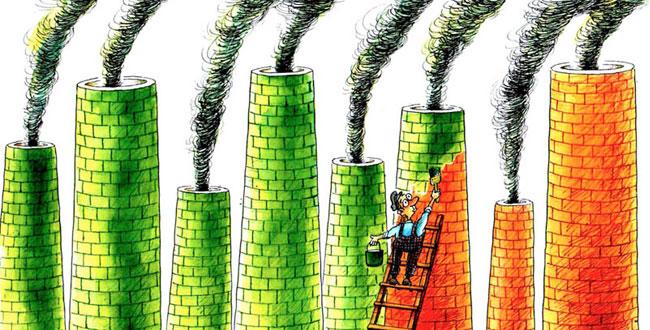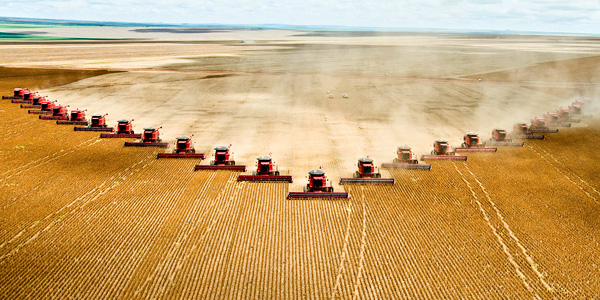Can you cut 1 Tonne of carbon pollution out of your life?
Take the challengeIf Popeye were around today I get the feeling his tin of spinach would be replaced with a big 'ol bunch of kale.
Kale has been a long cultivated leafy green whose potent nutritional values position it as one of the strongest superfoods in existence. First of all, it has an array of vitamins including:
- K (essential for blood clotting and strong bones)
- A (a do-it all, that's why it's an A! helps promote healthy skin, teeth, mucus membranes and vision)
- C (growth and repair of tissues, collagen, and teeth and bones).
It not only holds these, but does so in massive quantities, which explains the worldwide rave regarding kale.

Kale been said to be cultivated for over 2,000 years in a variety of seasons and climates. It's a resilient, hardy plant that doesn't give up easily. There are very few problems with kale, it's fantastic, but for the sake of staying unbiased and well-informed, let's see if we can find any areas of concern.
To start with, let's look at a quick health lesson and simplified science. Who knows about the thyroid gland? Its main function is to help us take energy from food and to control our metabolic rate. Sometimes, mainly if you have an iodine deficiency, kale can cause an underactive thyroid which leads to a slew of problems as metabolism function is essential for every cell in your body. And ladies, thyroid issues are more common in women! Although not of great concern, it is always imperative to know the impediments of integrating an ingredient into your diet every day, every meal, every bite, et cetera.
Now let's focus on the planet.
For starters, McDonald's is introducing kale. On one hand, great! More exposure to the leafy green can only be a help to the system and it makes the produce more available to those who can't or who haven't heard of it. On the other hand, oof greenwashing!

[Image: Oneplanetsustainability]
Greenwashing is a best frenemy. It's important to know that companies are noting their impacts and the need to go green to stay relevant. However, doing so through cheap promises and misleading actions hardly gets us closer to sustainability. Relying on actions that only do slightly better than the alternative is not enough to head towards a healthier, more eco-friendly global community, especially when we are passing environmental tipping points rapidly. A demand for kale from the largest fast food chain in the world could potentially lead to the plant's demise.
Hello monoculture
Ronald Mcdonald's old friend. In case, you missed it - monoculture is the "conventional" agricultural practice of lining up rows and rows of one single crop on a large plot of land. It attracts pests that enjoy that crop and leads to the need for pesticides to get rid of them. That, in turn, degrades the soil and creates agricultural runoff that pollutes waterways.

[Image: Tkwa]
Monoculture also contributes to greenhouse gas emissions through the manufacture and application of fertilizers and pesticides, the transportation footprints of big agriculture, and the mechanized, fuel-necessary planting and harvesting methods. Even without McDonald's, high demand for kale could lead to monoculture by itself. High demand means cranking out the supply, whatever means necessary. Read more about how high demand can lead to problems, like with quinoa!
To end this debate, we can likely agree kale is pretty good. It is tasty when prepared correctly at a gourmet restaurant or when munched on raw at a picnic in the park. It has more iron than a slab of beef, antioxidant super powers, and tastes good in a smoothie. But remember a thing about phases and crazes- too much of anything can be as bad as too little. Find your sweet spot, diversify your plate, and learn more about how choosing the right foods with sustainable practices could help save the planet!
READ THIS NEXT: Why we should be eating ugly food
Are you a Kale convert? Or do you think green smoothies are unbearable!? Let us know in the comments section below.

